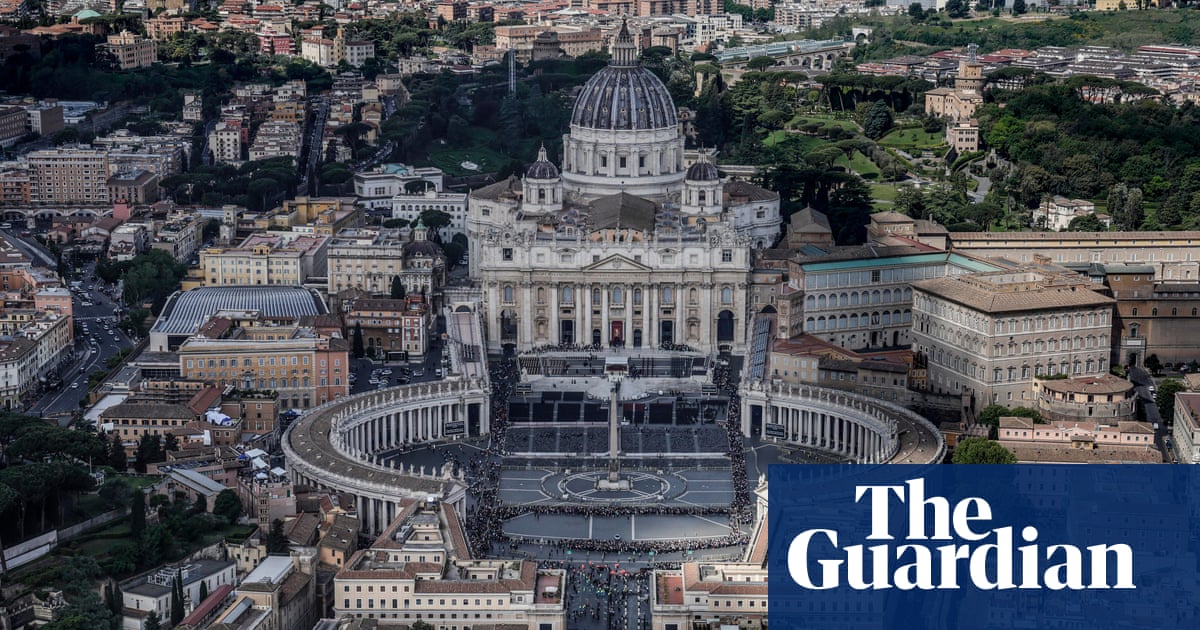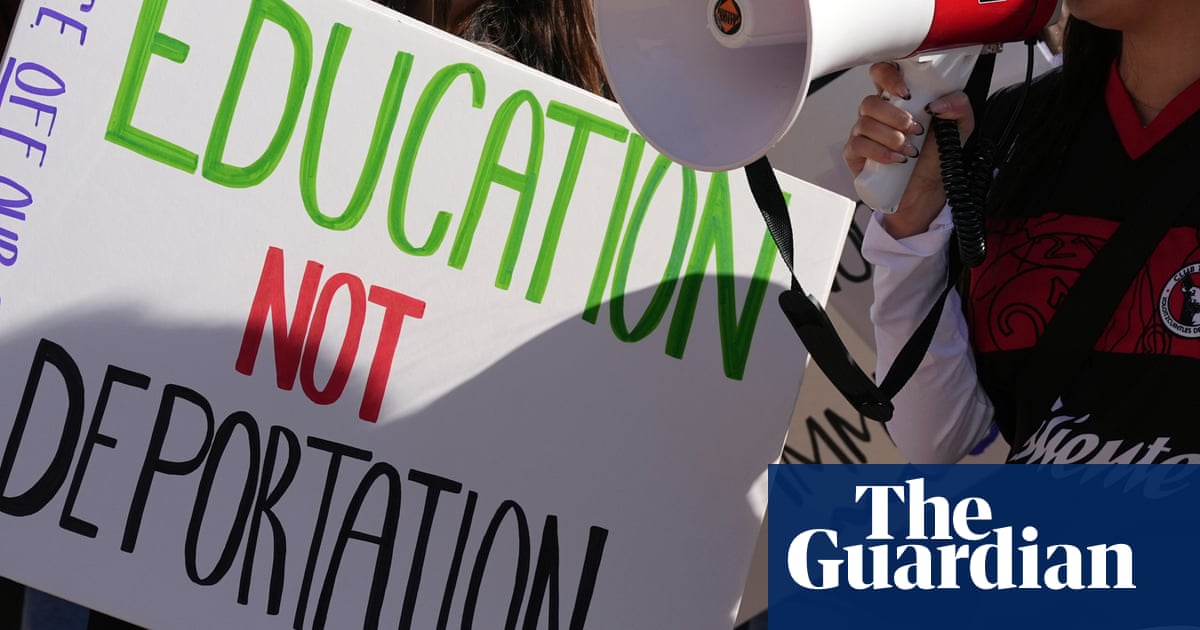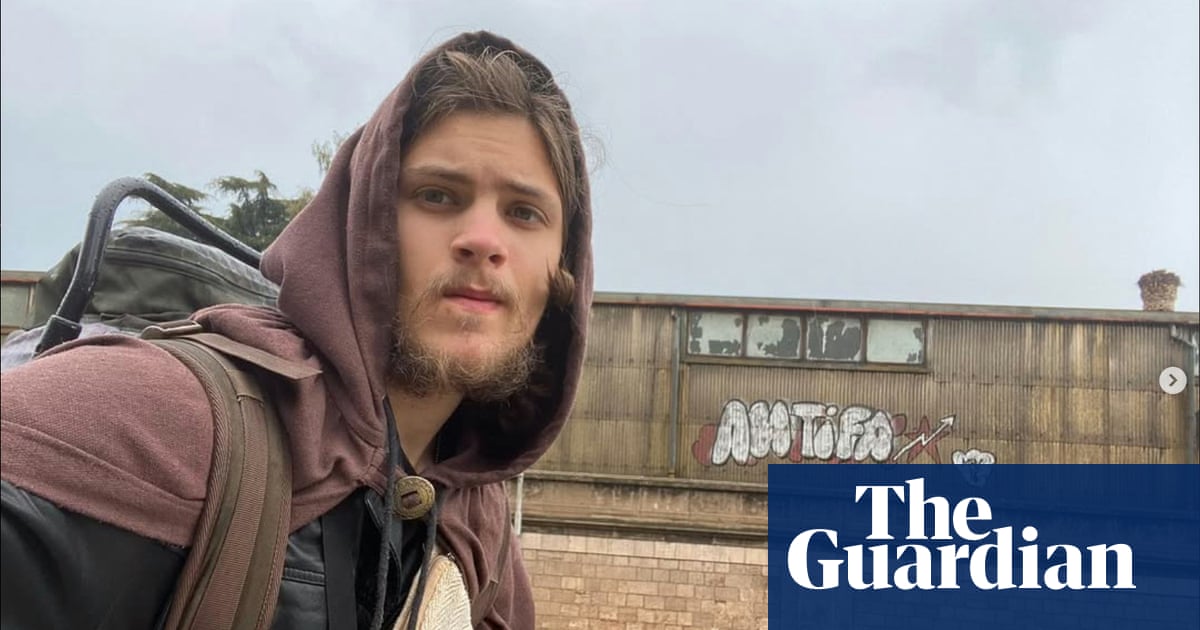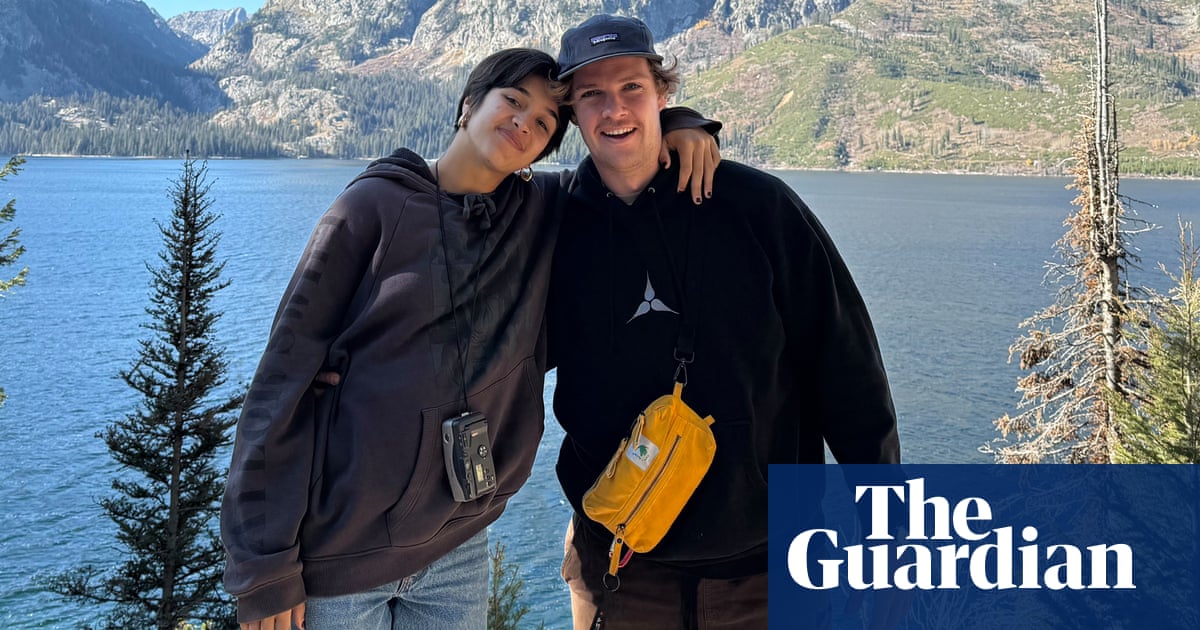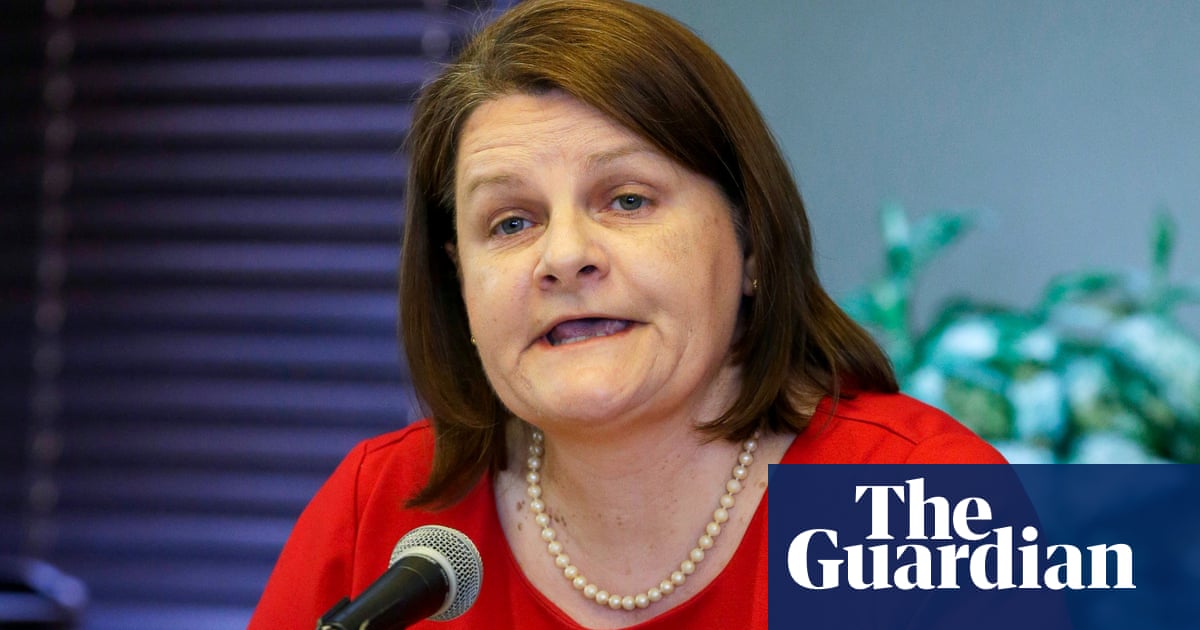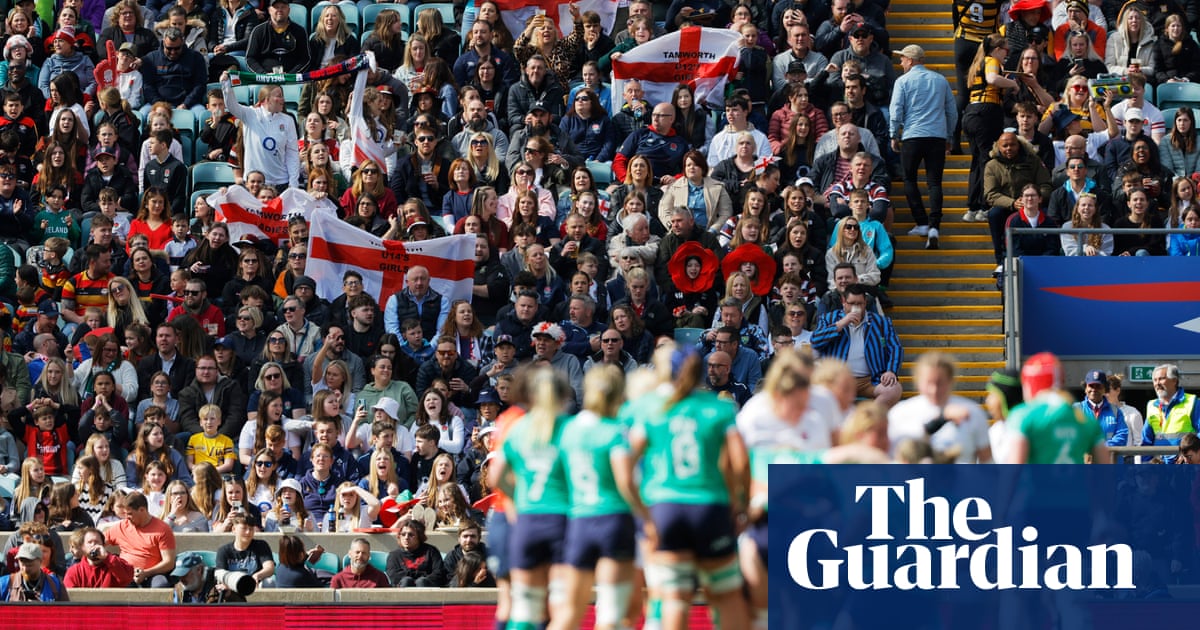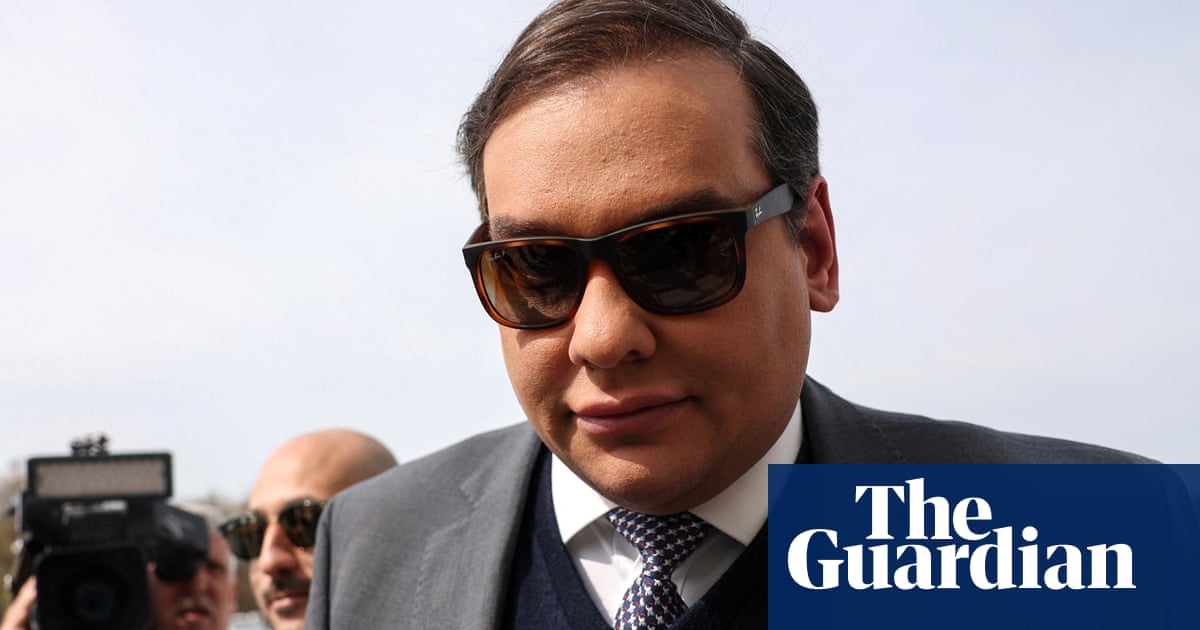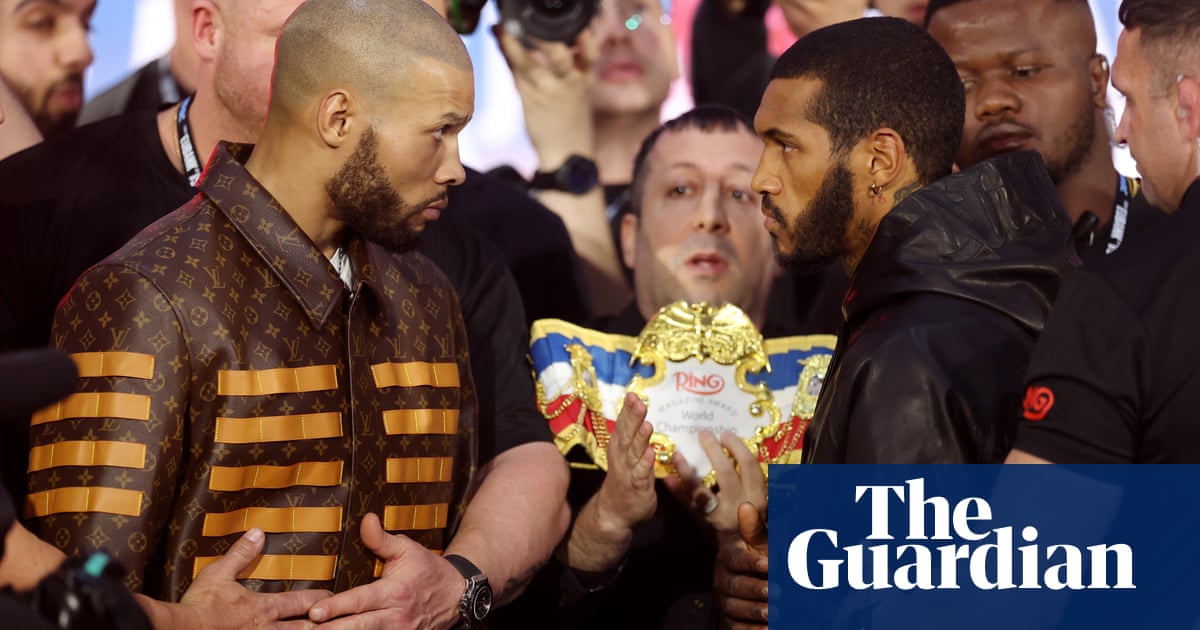With the first phase of the ceasefire nearing its end, an American property developer has emerged as a key figure in determining whether Gaza attains a more enduring peace or slips back into war.
Steve Witkoff, Donald Trump’s typically idiosyncratic pick as special Middle East envoy, has also found his way into the midst of talks with Russia over Ukraine’s future, sitting opposite Russian foreign minister, Sergey Lavrov, instead of the official special envoy for the region, Keith Kellogg.
On both portfolios, Witkoff is technically outranked by the secretary of state, Marco Rubio, but every national capital knows by now that in Trump’s world, power flows through personal connection to the president. Rubio is a former bitter rival turned loyalist, brought into the administration for expediency’s sake. Witkoff and Trump go back nearly 40 years.
That is what gives the 67-year-old businessman his clout. America’s interlocutors know he is the genial emissary of a volatile leader capable of swinging from fulsome support to public vituperation in a heartbeat, depending in large part on who has Trump’s ear.
Witkoff demonstrated his influence in getting the ceasefire off the ground. On 10 January, Witkoff believed a breakthrough was close, after more than seven months of meandering, inconsequential talks. That Friday evening, he called Benjamin Netanyahu’s office from Doha, where he had been meeting Arab officials, and told the prime minister’s aides that he would be flying to Israel the next day. The aides explained that it would be Saturday and Netanyahu did not do business on the Sabbath, but would gladly meet the American envoy a few hours later, once night had fallen. Witkoff was having none of it and, according to an account in Haaretz newspaper, told them “in salty English that Shabbat was of no interest to him”.

The Israeli leader abandoned his Sabbath observance and received Witkoff in his office, where the envoy told him to agree to the ceasefire he had been ducking for so long.
“The president has been a great friend of Israel,” Witkoff told Netanyahu, according to the Wall Street Journal, “and now it’s time to be a friend back.”
Netanyahu folded immediately, allowing Witkoff to return to Doha to finalise the deal. The prime minister knew the American envoy was speaking for the president, whom he dared not anger.
The bond of trust between Trump and Witkoff dates back to a chance encounter and a ham and cheese sandwich in a New York deli nearly four decades ago.
Witkoff was born in the Bronx and raised on Long Island, the son of a women’s coat manufacturer. He qualified as a lawyer, and was working on an all-night property deal in 1986 in which Trump was involved.
Witkoff had gone to the deli at 3am to get food for his team and Trump was there, hungry but without any cash in his pocket.
“I ordered him a ham and Swiss,” Witkoff told a court in 2023, when he was testifying on his friend’s behalf in Trump’s trial for fraud. He did not run into Trump for another eight years, but the tycoon had remembered “the sandwich incident”, and a friendship grew.
Trump persuaded Witkoff to graduate from property law to become a developer. Both men moved between New York and Florida, playing prodigious amounts of golf. Witkoff was with Trump on the latter’s West Palm Beach golf course in September, when a would-be assassin was arrested armed with a sniper rifle.
Witkoff has also spoken emotionally about the solace he found talking to Trump when one of his sons, Andrew, died from an opioid overdose in 2011.
Their long history has instilled a fierce personal loyalty in Witkoff, and in return he is treated almost as family by the president. It is a friendship that predates Trump’s embrace of Christian nationalism and the far right, so Witkoff does not bring the same ideological baggage to his diplomacy as other acolytes. His fealty is to Trump personally, not to Maga.
His mostly pleasant and polite manner also stands out in the Trump crowd. Don Peebles, another developer who knows both men well, told the Journal that Witkoff is “not the kind of negotiator that wants to see blood on the floor before getting the deal done”.
After the primary race was over last year, Trump dispatched Witkoff to make peace with his defeated Republican rivals. And Witkoff worked on the Gaza ceasefire with his Biden administration counterpart, Brett McGurk, during the transition in a rare example of bipartisan cooperation.
“Brett McGurk was great for the Biden administration,” he recalled. “We worked collaboratively. We were able to convince people that a hostage release was a good thing.”
He credits Trump’s son-in-law, Jared Kushner, with persuading him to take on the role of Middle East envoy, a job Kushner performed informally for the first Trump administration.
Kushner, another property developer, claimed the job on the basis of his business connections with the Gulf monarchies, but Witkoff, a far warmer personality than his slightly robotic predecessor, has also developed relationships lower down the social scale, particularly with the hostages’ families.
“I have a lot of empathy because I lost a child,” he said. “So I talk to these families who have lost children and they want their children’s bodies back as much as the families who have children who are alive.”
Witkoff’s focus on the remaining 58 hostages (of which Israeli authorities believe 34 to be already dead) aligns him with majority Israeli opinion in seeking agreement on the second phase of the ceasefire, but on a collision course with Netanyahu and the far right.
The next phase will involve the release of many more Palestinians serving life sentences in Israeli prisons and the complete Israeli withdrawal from the Gaza strip. It would be a substantial step towards a lasting peace, which is why Netanyahu is set against it. The right wing of his coalition, which opposed the ceasefire in the first place, threatens to walk out if it moves forward to a second phase without Hamas first being obliterated and the strip opened up to Jewish settlement.

Witkoff has been publicly insistent that the second phase must get under way, putting the priority of securing the release of the last hostages above anything else. “I think phase two is more difficult,” he said at a conference in Miami on Thursday. But he added: “Everybody is buying into this notion that releasing hostages is just a good thing. It just is something that’s important and ought to happen.”
At the conference, organised by a Riyadh-based charitable institute, Witkoff said it was his contacts among the Saudi royals who got him involved in Russian talks.
He explained it was the Saudis who “engineered” the release of an American prisoner held by Moscow, through their contacts to Kirill Dmitriev, the head of the Russian sovereign wealth fund.
“They felt that there could be a compelling meeting in Russia that might lead to the release of Marc Fogel,” Witkoff said. “We got off the plane, not sure it was going to happen, but it did.”
Fogel’s release on 12 February gave Trump an early public relations win, and was enough of a sweetener from Vladimir Putin, to secure a phone call with the new US president the same day that began US-Russian talks about Ukraine, in the absence of Ukrainian representation.
Witkoff’s role cemented his standing in Trump’s mind as someone who could get results, leading to his current status as America’s chief troubleshooter. However, enduring peace in Ukraine and the Middle East will ultimately revolve around issues of justice and national sovereignty, terms which Witkoff avoids.
When he went to see the devastation in Gaza for himself at the end of January, he said he could not imagine why any Palestinian would want to stay there. The coming weeks may not just test his sway as a Trump emissary, but also the limits of the real estate approach to diplomacy.

.png) 2 months ago
24
2 months ago
24
